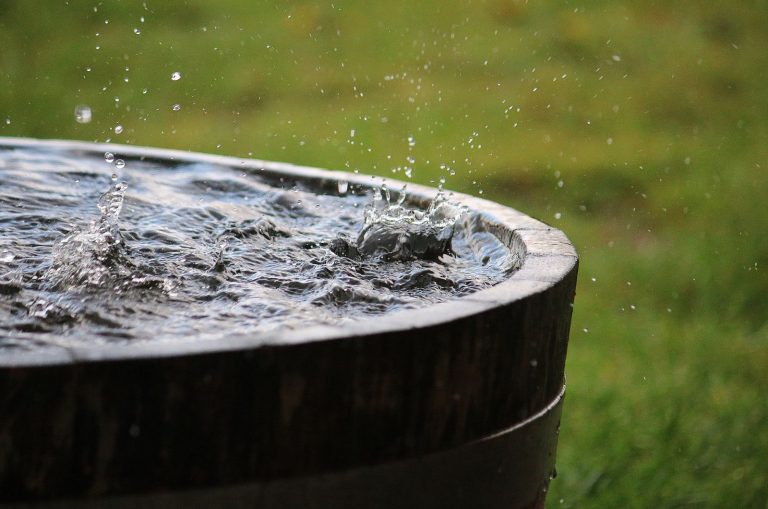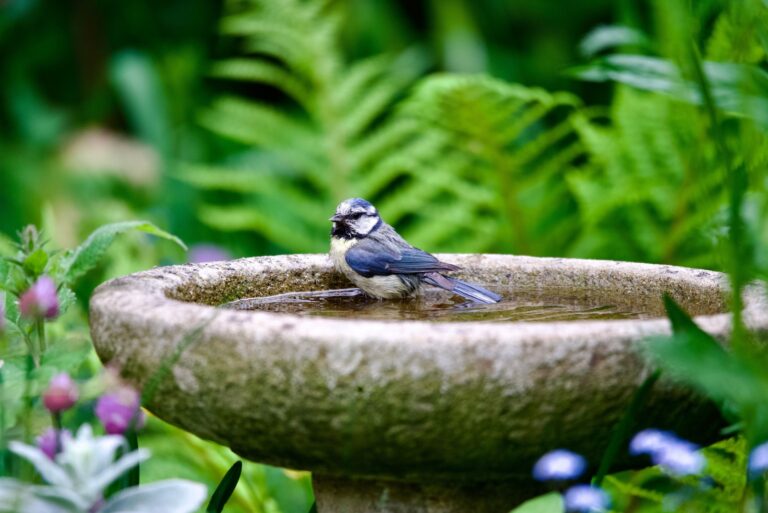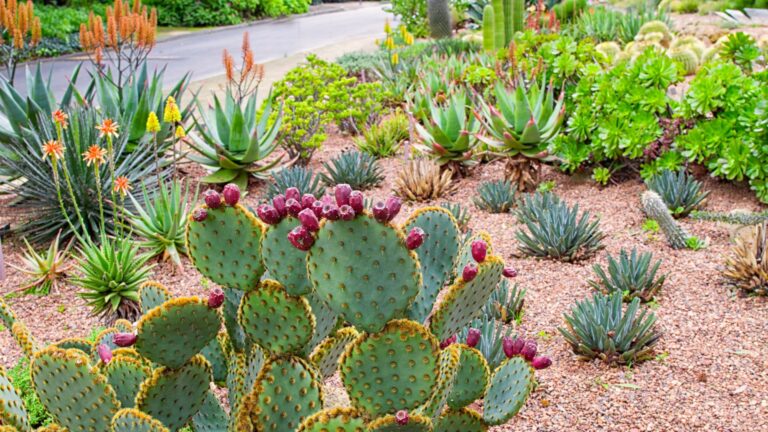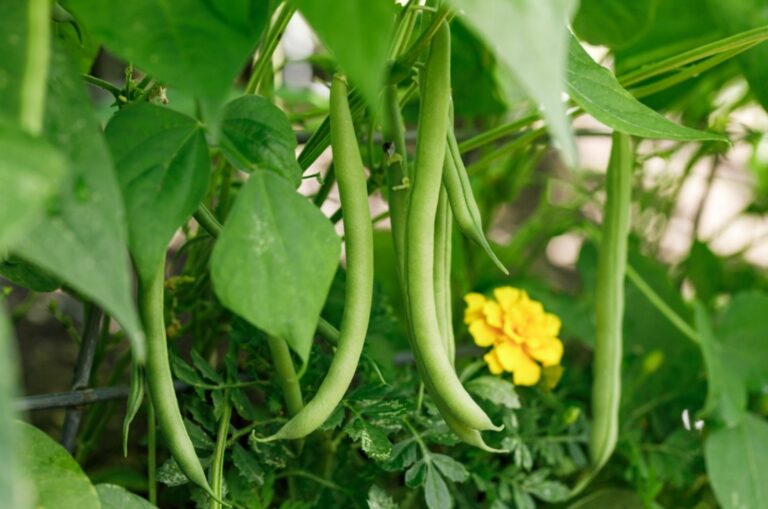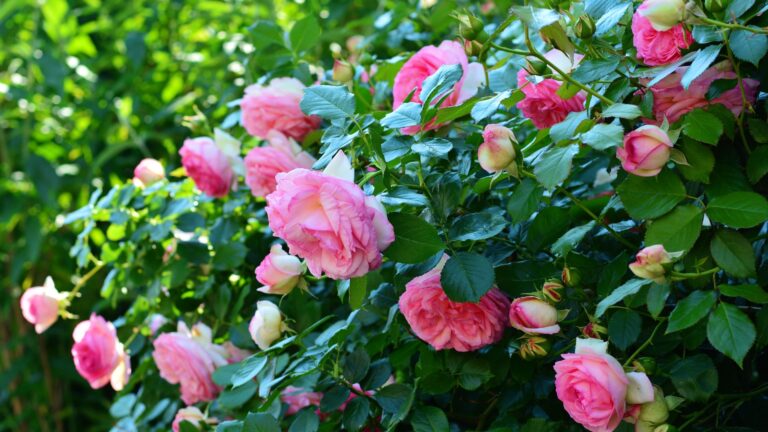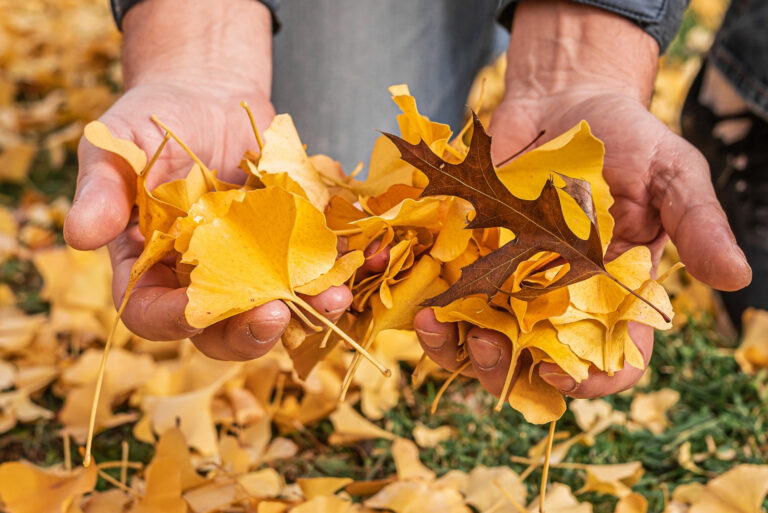6 Gardening Mistakes You Don’t Want To Make At The End Of Summer
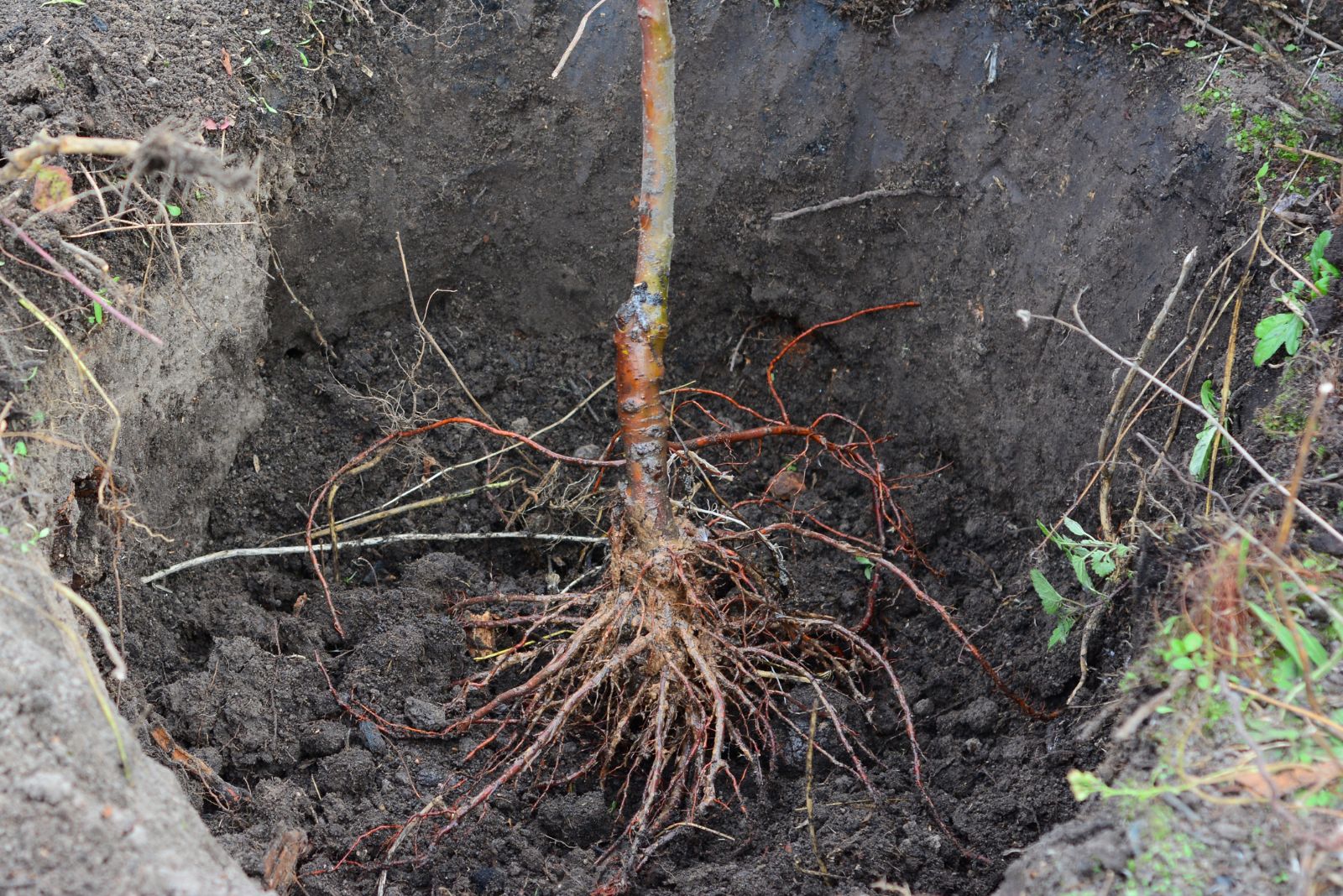
If you think that we’re done with all of the work in the garden, you’re wrong. When starting with gardening, there are lots of things to learn and also many mistakes to be made! I was stuck when I first started my journey with a homegrown garden because I made so many errors.
Over time, I noticed that all of those missteps had a negative impact on my plants’ health! That made me start doing some research and thankfully I found some ways to correct all of my mistakes!
But there’s a catch! Every season has its own list of things that you can easily do wrong. Since summer is coming to an end, we’re going to focus on that. The good news is that you still have time to fix everything!
#1 Start Planning Your Cool-Season Garden
The first mistake you can make is not having a plan for the beginning of the new season for your plants! Late summer is the perfect time for planting crops if you want to have a harvest in the fall or winter.
Your garden will look better when you fill it with delicious cool-season fruits! It’s a much better option than leaving it empty after you’ve collected all of your summer crops.
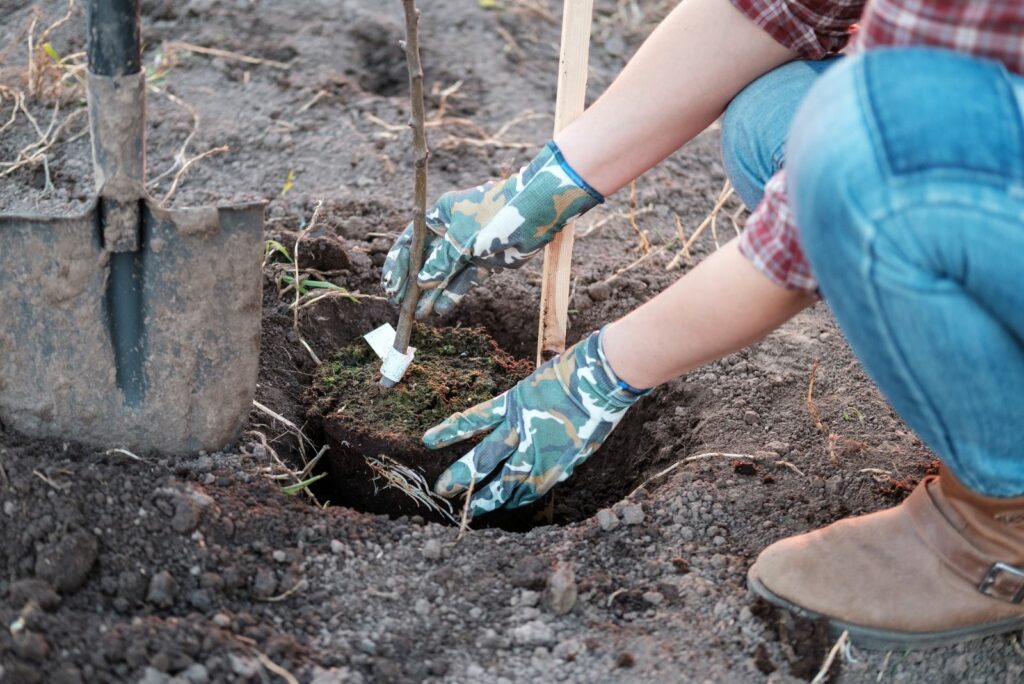
I have a few amazing veggies that I always start planting around this time! You can try growing beets, carrots, beans, spinach, peas, cabbage, or lettuce. Good choice, right?
#2 Never Miss Fertilizing Or Pruning Your Plants
Pruning and fertilizing are among the most important gardening tasks that need to be done, especially at the end of summer! By not doing these tasks, you’ll make a big mistake, even risking your plants not blooming back.
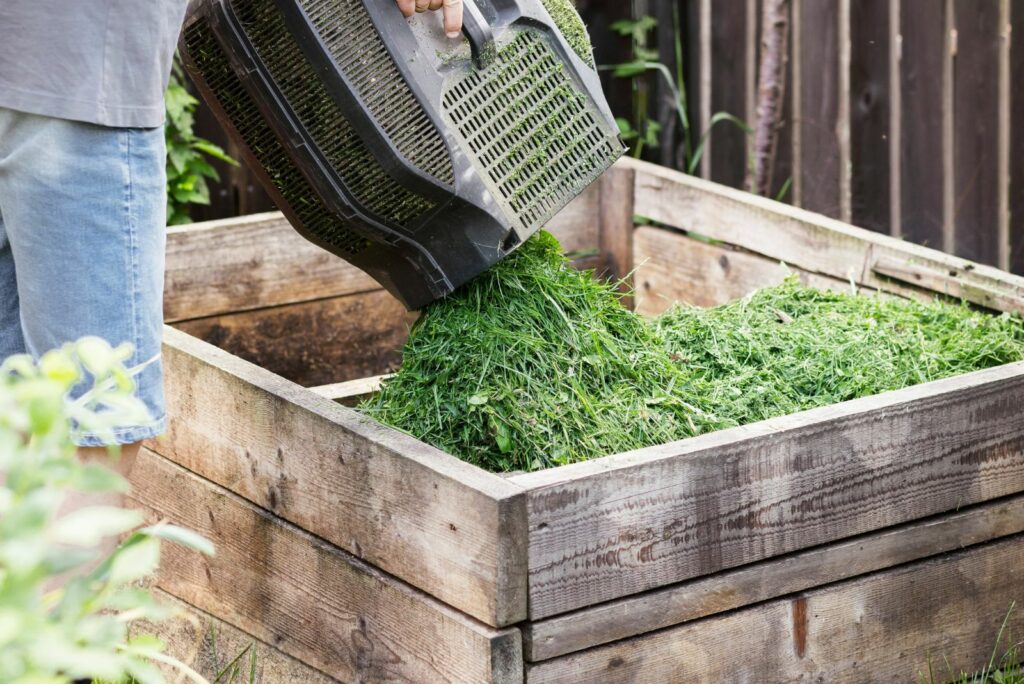
If you don’t want that to happen, here’s what you’ll need to do. Give your trees and shrubs a little haircut, and you’ll be able to watch them thrive when spring arrives!
You should also fertilize your flowers or crops. This will boost their growth and keep them healthy throughout the cool season. After you’re done, you’ll be rewarded with the most beautiful view of your thriving plants and delicious crops!
#3 Don’t Forget To Change The Watering Schedule
Watering can become a big issue at the end of summer! Your plants will require less water in the fall and winter, so you’ll need to adjust the watering schedule. If you continue with the same routine as in summer, fungal diseases, yellow leaves, and slow growth will threaten your plants!
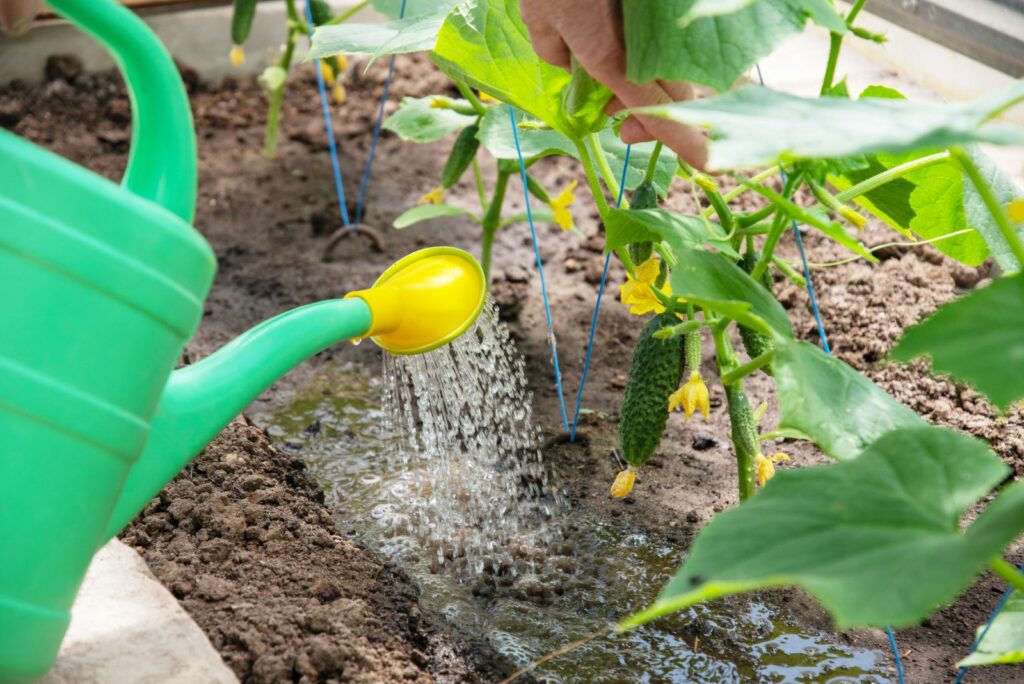
That’s why you should use a smart irrigation controller, it has saved my garden countless times! These amazing devices know exactly how much water your plants need. Besides saving water and time, smart irrigation will also help you avoid damaging your crops’ or flowers’ health!
#4 You Need To Start Getting Rid Of Pests
Pests are present all the time in our gardens. No matter what we do, they will always be a part of our gardening experience! They are especially persistent in ruining and eating plants in the late summer. So, not removing them can be a big mistake!
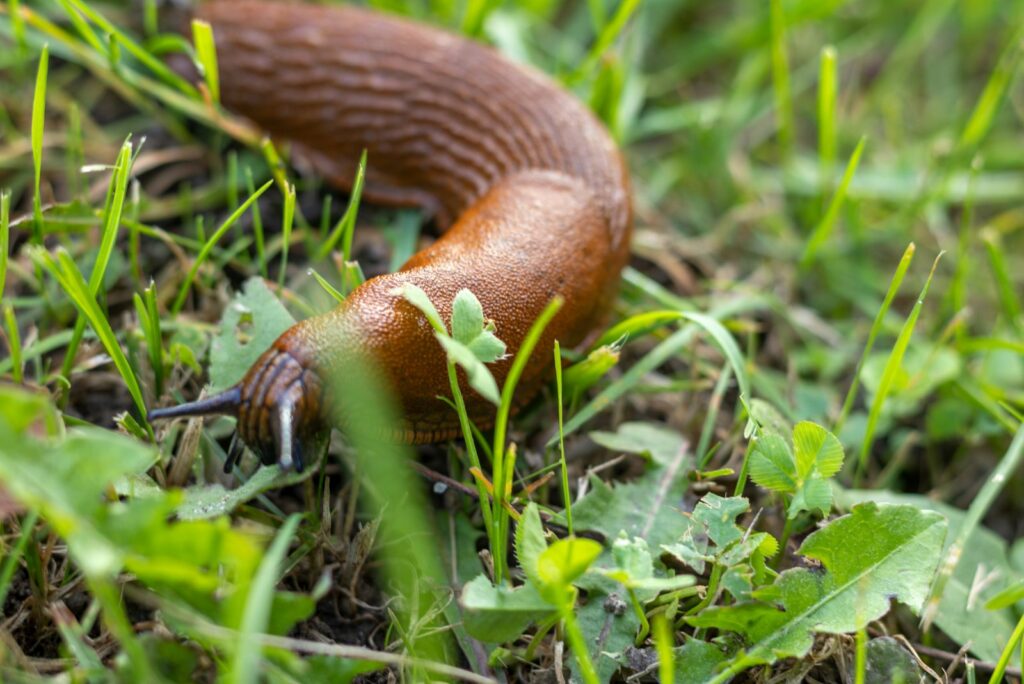
If you spot that your plants are damaged, half-eaten, starting to droop, or changing color, it means that pests are visiting your garden!
The faster you react and start removing them, the better chance your plants will have for recovery! You can remove them by hand, with insecticidal soaps, or neem oil.
#5 Not Taking Care Of Your Gardening Tools
Not protecting or cleaning your gardening tools might also become an issue! Keeping them outside can lead to rust and damage, so it’s best to place your tools in the garage or shed. This way, you ensure that they stay in a dry and warm place that prevents rust!
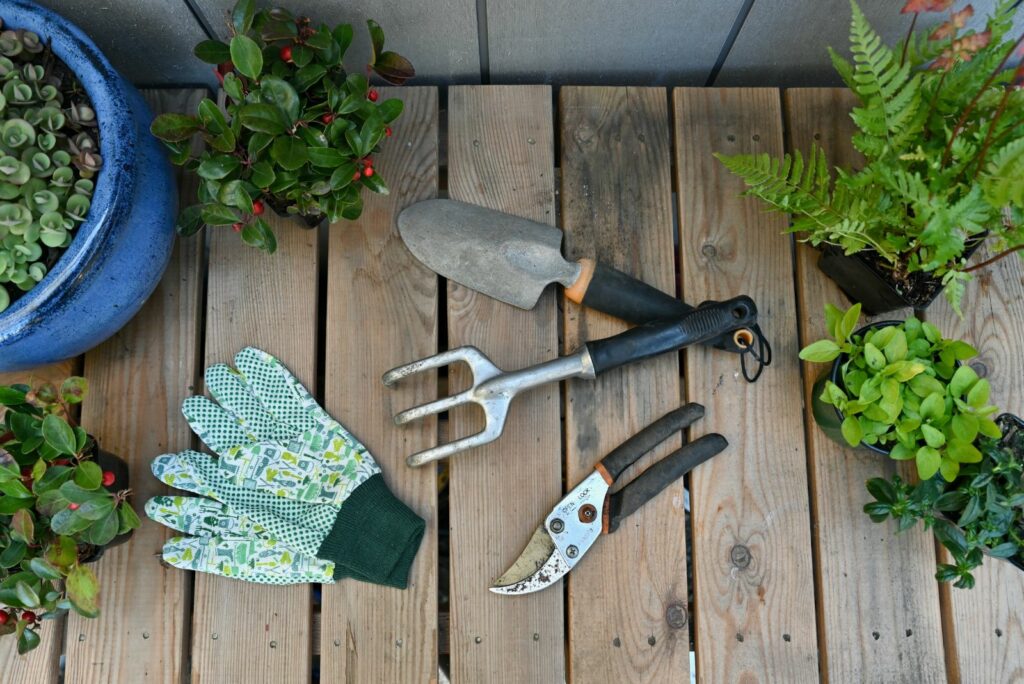
It’s also important to disinfect them after pruning. When you trim plants with fungal diseases and don’t clean your tools afterward, you can spread the disease all over your garden!
#6 If You Haven’t Harvested All Of Your Crops, Do It NOW
After all the hard work you’ve done, it’s time for the last step, which is very important – harvesting your crops! Leaving veggies and fruits too long on the plants can lead to overripening and poor taste.
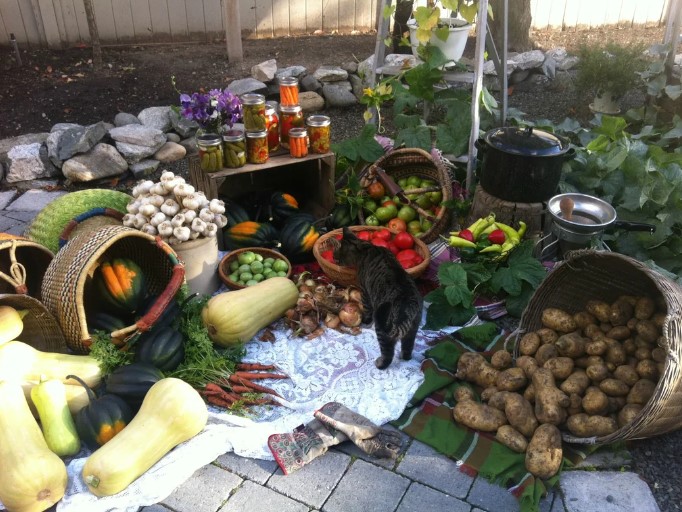
Right after you spot that they are ready for harvest, you should start collecting them! This will also encourage new veggies to grow, and you’ll be rewarded with the most delicious fruits. Imagine all the meals you’ll be able to make after gathering your prize from the garden!
By following these amazing tricks, you will help your plants thrive in the next season!
And the best part is that even if you made these little missteps, you’ll be able to correct them! One last piece of advice is to take your time and not rush!
Good luck!

